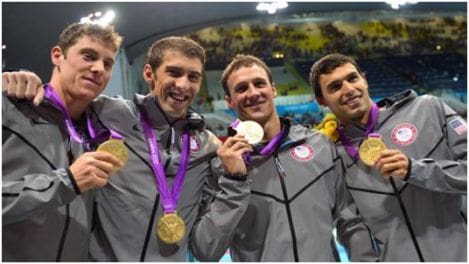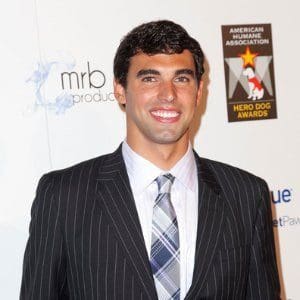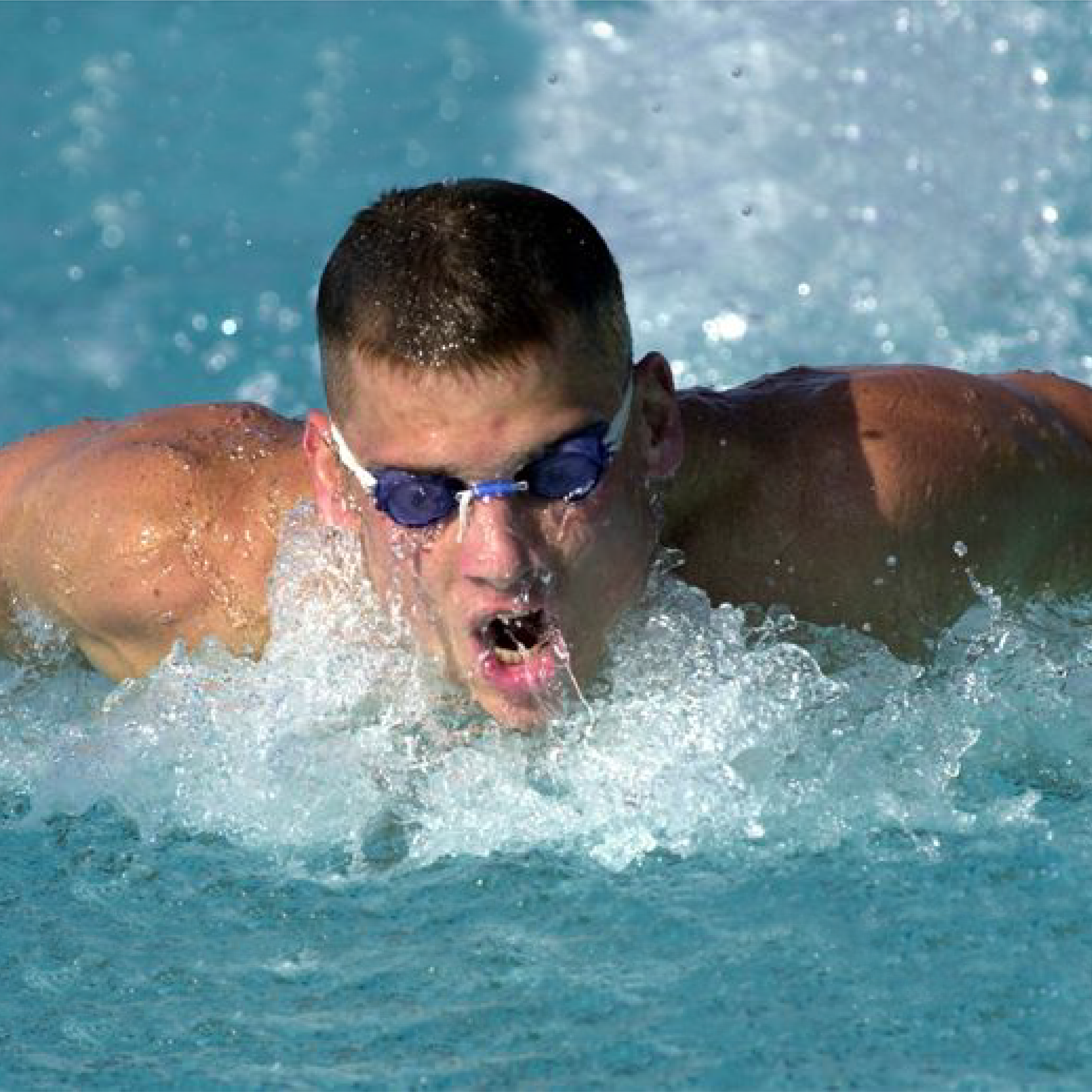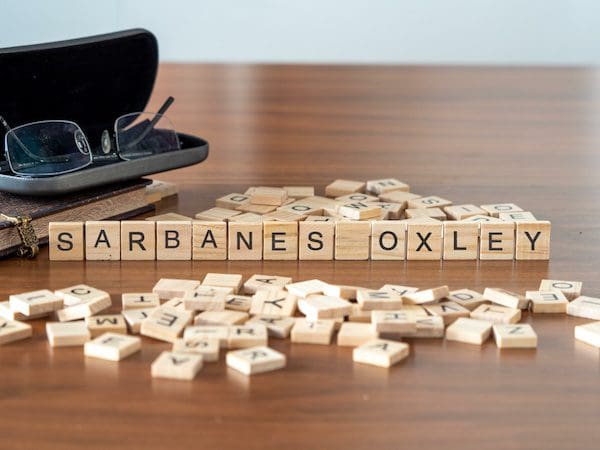From the Pool to the Field: Olympic Gold Medalists Find a Home at Bridgepoint

Ricky Berens couldn’t screw this up.
The then-20-year-old sophomore from the University of Texas was on the biggest stage of his life, about to swim his leg of the 4×200-yard freestyle relay in the 2008 Olympics. The Americans were far and away the favorites to win the event, but Berens’ teammates Michael Phelps, Ryan Lochte and Peter Vanderkaay still wanted to make sure the rookie could maintain their lead en route to a Gold Medal.
“It was kind of a big decision to put me on that relay, me being a rookie and all,” Berens said. “We knew we were gonna win that race by a good amount going in. So I had every single coach and teammate tell me before that race, ‘Don’t screw this up.’”
No pressure, right?
As Berens stood on the block with a five-second lead, Phelps, in the midst of a record-breaking 8-Gold Medal Olympic showing, made sure to remind the rookie.
“Don’t screw this up!” Phelps yelled as he stood behind Berens.
With the late Kobe Bryant, the U.S. basketball team and countless others in the crowd cheering, Berens dove into the pool and did what he does best. He trusted his form and helped maintain the Americans’ lead so Vanderkaay could swim the final 200 yards to glory.
Berens and Co. obliterated the previous world record of 7:03.24, coming in with a time of 6:58.56 that still stands to this day.

(L-R) Gold Medallists Conor Dwyer, Michael Phelps, Ryan Lochte, Ricky Berens pose on the podium during the medal ceremony for the Men’s 4 x 200m Freestyle Relay final on Day 4 of the London 2012 Olympic Games at the Aquatics Centre on July 31, 2012 in London, England.
“In the middle of it, I couldn’t even tell you what was going on, to be honest,” Berens said. “You’re just in such a zone and so focused on what’s going on. But it’s funny, standing behind those blocks with such a big lead, you’ve got Phelps and Lochte asking, ‘Oh, how’s my hair look?’ like they knew we were going to win before I even started swimming. Thankfully, I didn’t screw that up for us.”
Fast forward four years, in the midst of a successful professional swimming career, Berens was invited to London to participate in the 2012 Olympics. He was no longer a rookie. He knew what he was doing and what he was getting himself into.
His, Phelps’ and Lochte’s experience paid off yet again, resulting in another Gold Medal in the 4×200-yard freestyle relay. After the relay ended, Phelps thanked the group for helping him become the most decorated Olympian of all time.
“So that’s another one where I’m glad I didn’t screw it up,” Berens laughed. “But to win those medals, it’s just a culmination of so much hard work and effort. You know, an Olympic medal is what you dream for. The 1% of the 1% get to do that and to accomplish that was just incredible.”
Following his second successful Olympic run, Berens decided to call it quits in his professional swimming career. But unlike those in more mainstream sports or star status-level athletes, winning a Gold Medal doesn’t bring you financial security. It was time for his University of Texas business degree to pay off.
He used his UT connections and started working in the Longhorns’ athletic department with hopes of climbing the ladder toward being an Athletic Director down the line. Though he enjoyed working for his alma mater, a career change was in order.
Swimsuit to Business Suit

Ricky Berens
Berens had connections at a local pet food startup in Austin called Nulo that offered him the chance to manage their finances and foster the company’s growth — an opportunity he couldn’t pass up.
“Everything was going great at Nulo,” Berens said. “But I was looking to get away from the computer screen and in front of more people. I like to get out and about as I’m a big people-person.”
Berens’ people-first, interaction-based personality led him to a conversation with fellow Texas Swimming alumni and Bridgepoint Consulting’s Director of the Denver office, Tommy Hannan. The two knew each other through UT, and also through swim meets while Berens swam for Texas and Hannan coached at Washington.
“Tommy’s a legend in the Texas swimming world,” Berens said. “It’s a small world in Austin in general, but even smaller within the swimming world. We’re a pretty well-connected alumni network. But you don’t really get to know them until you’re looking for a job after swimming, asking them what they’re doing now and what not.”
The two have more in common than just swimming at the same university, however. Hannan has some Olympic hardware of his own.
Making a Splash

Tommy Hannan
A butterfly specialist, Hannan swam that leg of the 4×100-yard medley relay in the qualifying heat of the 2000 Sydney Olympics. While he wasn’t part of the final heat that won the gold in the event, his participation in the preliminaries landed him a well-deserved Gold Medal.
“As a kid, I remember watching the ‘84 and ‘88 Olympics and seeing some of the great Americans that dominated there,” Hannan said. “I always loved swimming and wanted to be in the Olympics. But I never truly believed I could do it until I was a sophomore in college and swam the second-fastest time ever for an American at the time in the 100-meter butterfly in the Olympic Trials. I never used to swim butterfly, so that was pretty funny.”
Four years later, he was two years out of college, swimming professionally with hopes of qualifying for the 2004 Olympics in Athens. Unfortunately, his swimming career came to an abrupt halt at those Olympic Trials.
Now, it was time to look for a full-time job. He had friends who completed internships and were looking forward to their careers in corporate America — but at the time, that wasn’t for him.
“The hardest thing after swimming is we’re so regimented in the way we train,” Hannan said. “Swimming is year-round, 10 workouts a week and about 30 to 40 hours a week training. Fitting that in with class and homework teaches you a lot.
“You do that for such a long period of your life, then all of a sudden, you kind of end your career on a down note. My swimming career ended at an Olympic Trial where I didn’t make it. All of a sudden, that regiment ends and on a down note too, and you’re just like, well, I guess I’ll go get a job.”
Hannan struggled to find that for some time after his swimming career ended. He helped fill book orders at Texas for his first job and was a financial advisor after that.
Then Hannan got an opportunity to become the University of Washington’s assistant swim coach where he led recruiting and helped with other various coaching responsibilities for the Huskies. Even though he was back with the swimming crowd, at the end of the day it wasn’t what he wanted to stick with forever.
“Even then, I knew I didn’t want to be a coach,” Hannan said. “I knew it’d be fun and interesting. But it was really challenging trying to change careers after that. I was in my mid-30s when I decided I didn’t want to coach anymore.
“The stuff I love about coaching isn’t really what I got paid for. You get paid for the administrative and recruiting stuff. The lifestyle of a coach is a grind. You don’t make much and you work some absolutely crazy hours. And it’s just not conducive to having a family or anything like that.”
Finding Their Home at Bridgepoint

Tommy Hannan
Hannan and his wife, who also left her job coaching gymnastics at the University of Washington, sold their house in Seattle in 2013, got an RV and skied around the country for a few months before heading back to Austin.
The pieces started to fall into place when he began consulting in the oil and gas industry before a swimming friend of his referred him to Bridgepoint in 2016. She interviewed for a business development role but wasn’t a fit. However, she thought Hannan would be a good fit for the position and put him in contact with Bridgepoint’s Principal, Vince Trevino, who became Hannan’s mentor and fostered his growth throughout his early years with the company.
Experiencing that mentorship, it only made sense that when Berens was looking for his right fit, Hannan pointed him down the path he took, helping Berens get his foot in the door in the summer of 2020.
“[It was] kind of a weird time, in the middle of a pandemic, to consider a business development role,” Berens said. “I laugh because I wanted to get away from the computer screen. Well, now I’m away from the Excel sheets. But I’m still behind a computer screen, just talking to people on it now.”
The transition from athletics to the business world can be a challenging one, especially when a sport is as ingrained in one’s life as much as swimming was with Berens’ and Hannan’s.
As Division I and professional athletes, they had no time to get a job or internship to bolster their resumes. When Berens retired from swimming at 25, the only job he could put on his resume was a lifeguarding gig from high school.
But the discipline and time management an Olympic-level athlete learns throughout their training is invaluable to a full-time job in any field. It’s what helped both Berens and Hannan find success in the business world at such a rapid pace.
So far, it looks like they’re definitely not screwing this one up.




